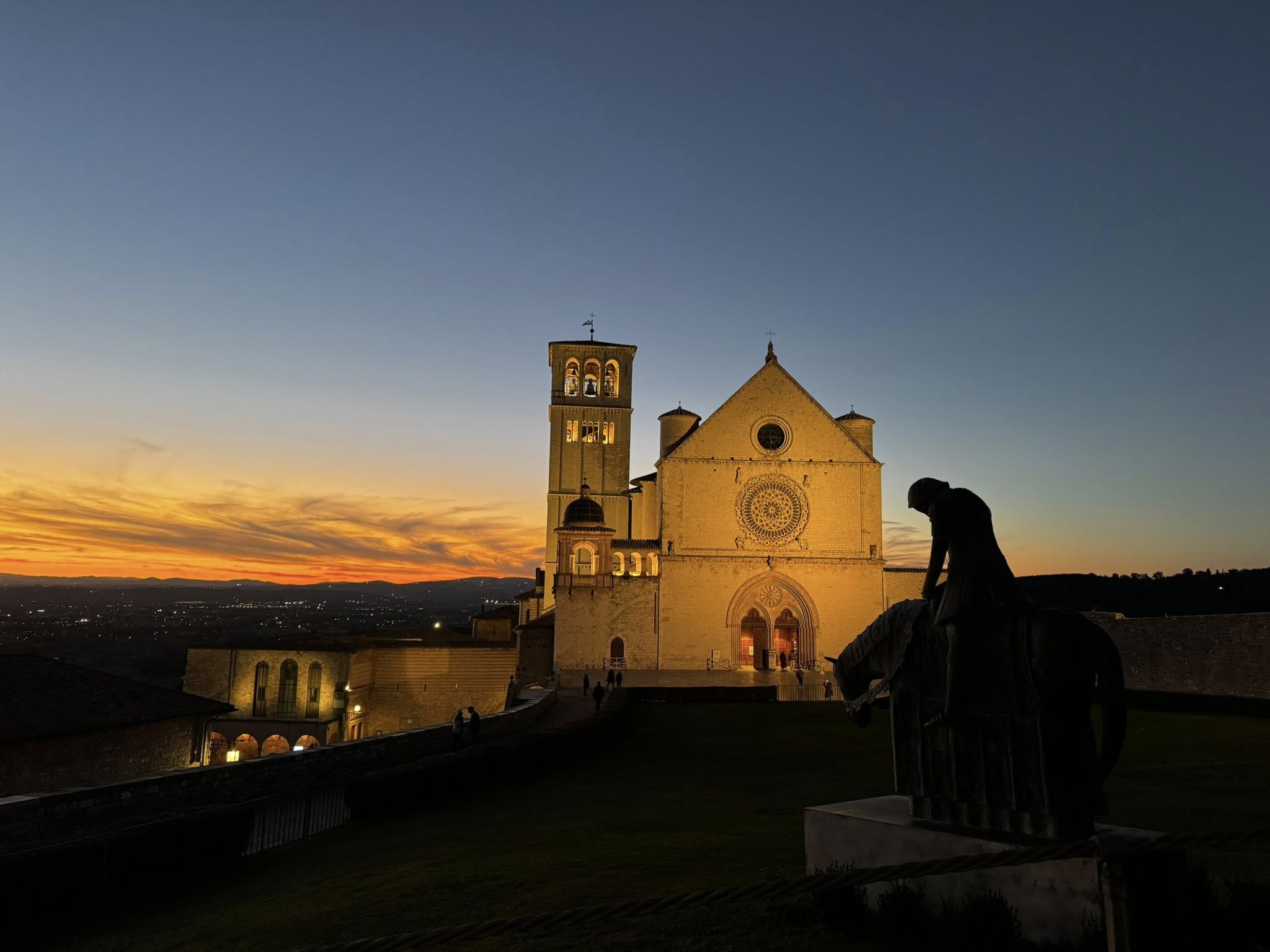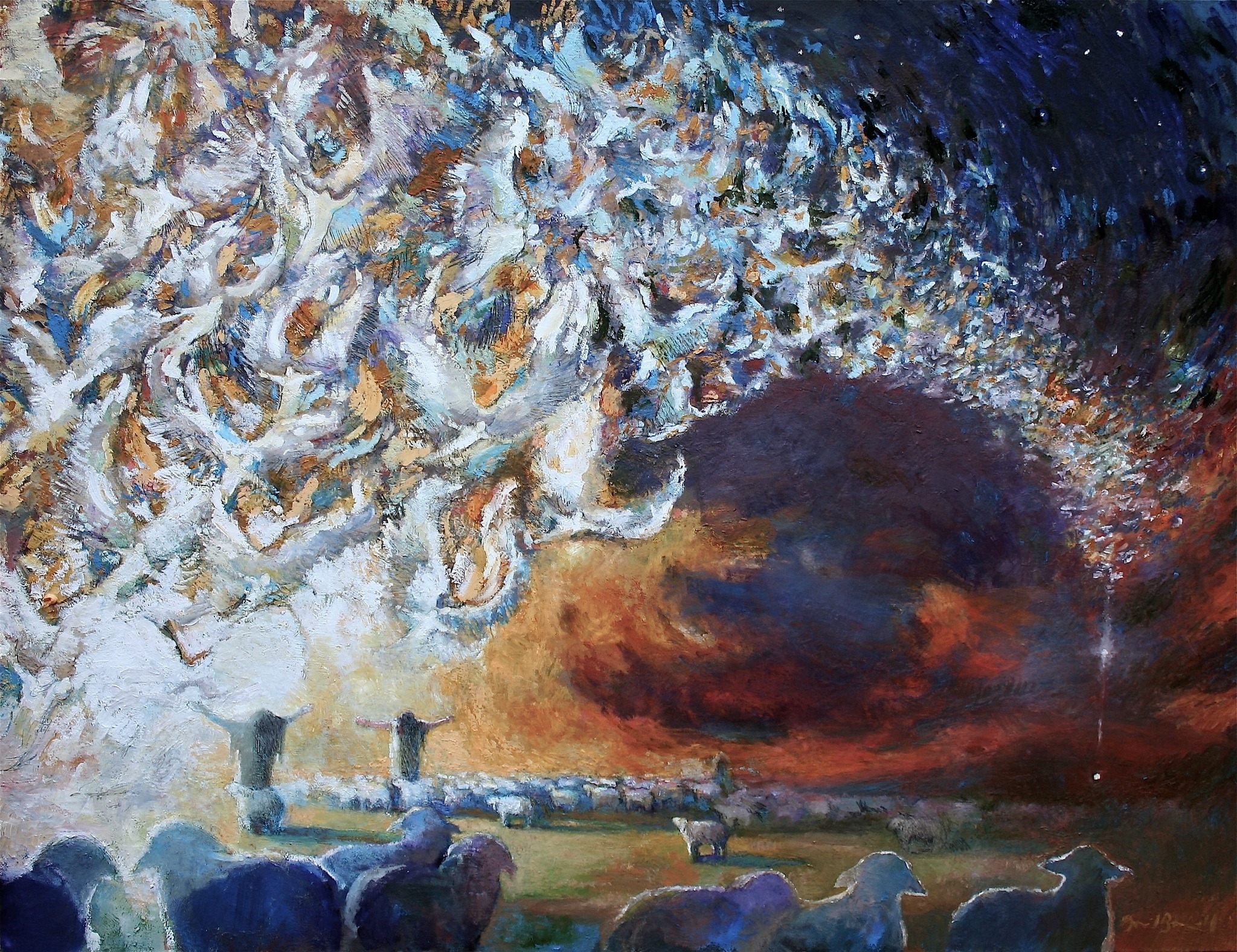Fr Daniel Antonio de Carvalho Ribeiro, SCJ
29th COMMON SUNDAY -Year B
Gospel Reflection – Mk 10:35-45
Over the last few Sundays, the Liturgy has shown us that the logic of the world is different from the logic of God. To leave no doubt about this, Jesus repeated three times that he was going up to Jerusalem to suffer, be crucified and rise again on the third day (cf. 8:31; 9:31; 10-33-34). Even after these very clear words, in today’s Gospel we see John and James insisting on asking Jesus to reward them with prominence in his Kingdom, according to the human models they imagined would also be Jesus’; (10:36-37).
The other ten disciples were indignant at this (10:41), certainly not because the other two didn’t understand the Master’s message, but because they also wanted special benefits and honors. Jesus waited for the opportune moment to patiently remind them that the Kingdom of God does not bring the rewards and advantages normally promised in human relationships.
The disciples were not bad people. They had left everything to follow Jesus and they certainly meant well by this decision. Peter, for example, left his job as a fisherman, his possessions, his wife and children (cf. Mk 10:29-30). However, even so, he and his companions still persisted in their desire for gratification and advantages for following the Lord. This leads us to conclude that there are bad tendencies rooted even in the hearts of those closest to God that need to be fought by all of us. Saint Benedict, realizing this, said that the greatest battle in our lives must be to overcome the evil that exists within us.
How can we overcome these tendencies presented in the behavior of John and James? The answer involves understanding today’s gospel. As much as the thought that God needs to repay us for the good things we do is apparently fair, the truth is that this would be treating Him merely as our servant, characteristic of self-interested love. Great Christians such as Saint John of the Cross and Saint Therese of the Child Jesus understood this very well. In his writing ascent to Mount Carmel, the founder of the male Order of Discalced Carmel says that the safest and fastest way to reach heaven is the path of nothingness: no vanity, no selfishness, no competition and no attachment.
The saint of roses, St. Therese of the Child Jesus, also a Carmelite, teaches us that holiness can be acquired along the path of the little way. She used to say that in her relationship with the Lord she liked to be like a little ball, which He could throw and leave wherever He wanted. She said she liked last place because no one would fight her for it. What may seem like outdated thinking today gave her the rare title of Doctor of the Church. One could question how a young woman who only lived 24 years, practically half of which were spent in cloister, could receive this title and be alongside geniuses like St. Augustine and St. Thomas Aquinas.
The answer was given in 1997, at the mass in which she received the title of Doctor of Love, by Pope Saint John Paul II. In his homily, the Pope stated that this title was due to her ability to have rediscovered, with her small way, what was the heart of Christianity, that is, true love.
In addition to being clear about what Christianity really is, we need to sincerely examine what moves us, the root of our desires for rewards, recognition and prominence. Sometimes this is linked to our exaggerated concern about what others think of us. Freedom from this attachment would be like a second birth, like cutting an umbilical cord that prevents us from being ourselves. Saint Therese, for example, achieved this freedom after much suffering.
This happened when, at the height of her maturity, she said to herself: “I am what God thinks of me.” With that phrase, she realized that the truth about herself was not in what others wanted, imagined or often said about her, but rather in what was in the heart of God, the only one who truly knew her. Naturally, what others think and say about us must be evaluated and this can help us with our self-knowledge.
However, only God really knows who we are. Only He can enter the depths of our soul. Only He can give us eternal life and true happiness that is not found here. If we believe in all this, we don’t need to fight for any recognition or reward for the good we do. We must give our lives to prayer and service to others, motivated exclusively by our love for the Lord. As a reward, we just need to trust that “Jesus does not pay badly for the hospitality of the one receives him well”. (St. Teresa of Avila). (Saint Teresa of Ávila). Let us ask for the grace to also understand the true meaning of following Jesus, who is Himself. This will bring us peace and avoid unnecessary disappointments.
(Image: felix_merler/pixabay.com)


 Follow
Follow

